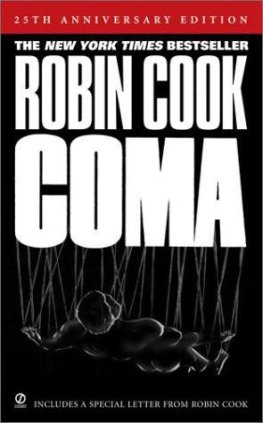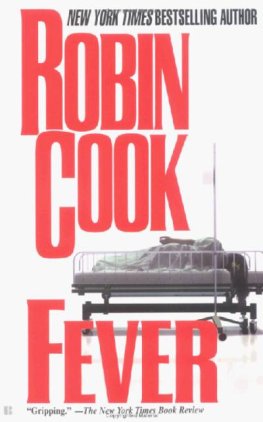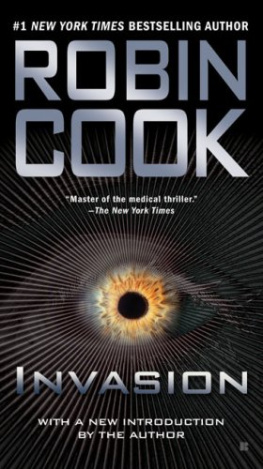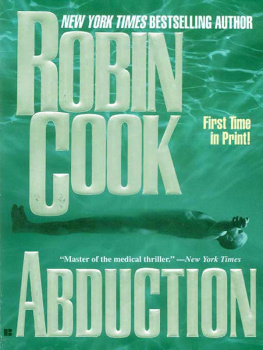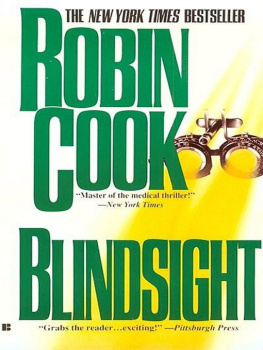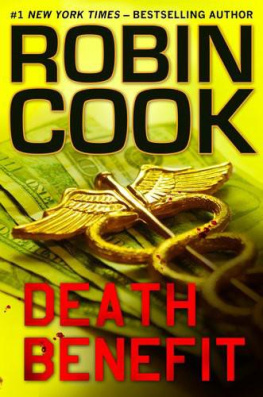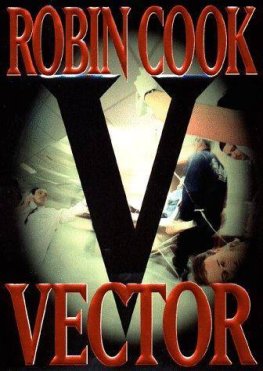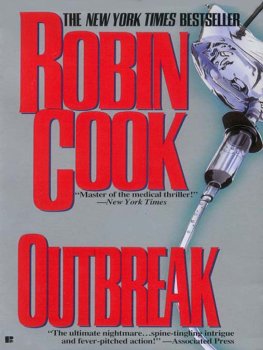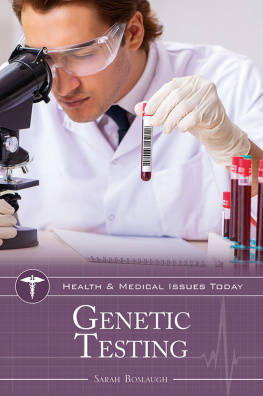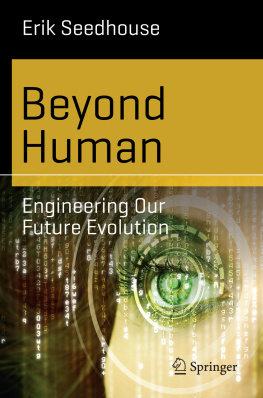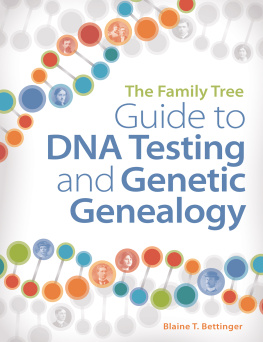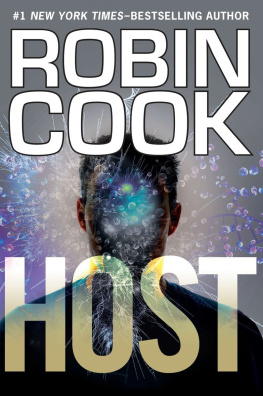Robin Cook - Chromosome 6
Here you can read online Robin Cook - Chromosome 6 full text of the book (entire story) in english for free. Download pdf and epub, get meaning, cover and reviews about this ebook. genre: Detective and thriller. Description of the work, (preface) as well as reviews are available. Best literature library LitArk.com created for fans of good reading and offers a wide selection of genres:
Romance novel
Science fiction
Adventure
Detective
Science
History
Home and family
Prose
Art
Politics
Computer
Non-fiction
Religion
Business
Children
Humor
Choose a favorite category and find really read worthwhile books. Enjoy immersion in the world of imagination, feel the emotions of the characters or learn something new for yourself, make an fascinating discovery.

- Book:Chromosome 6
- Author:
- Genre:
- Rating:5 / 5
- Favourites:Add to favourites
- Your mark:
- 100
- 1
- 2
- 3
- 4
- 5
Chromosome 6: summary, description and annotation
We offer to read an annotation, description, summary or preface (depends on what the author of the book "Chromosome 6" wrote himself). If you haven't found the necessary information about the book — write in the comments, we will try to find it.
Chromosome 6 — read online for free the complete book (whole text) full work
Below is the text of the book, divided by pages. System saving the place of the last page read, allows you to conveniently read the book "Chromosome 6" online for free, without having to search again every time where you left off. Put a bookmark, and you can go to the page where you finished reading at any time.
Font size:
Interval:
Bookmark:

Robin Cook
Chromosome 6
PROLOGUE
MARCH 3, 1997
3:30 P.M.
COGO, EQUATORIAL GUINEA
GIVEN a Ph.D. in molecular biology from MIT that had been earned in close cooperation with the Massachusetts General Hospital, Kevin Marshall found his squeamishness regarding medical procedures a distinct embarrassment. Although hed never admitted it to anyone, just having a blood test or a vaccination was an ordeal for him. Needles were his specific bte noire. The sight of them caused his legs to go rubbery and a cold sweat to break out on his broad forehead. Once hed even fainted in college after getting a measles shot.
At age thirty-four, after many years of postgraduate biomedical research, some of it involving live animals, hed expected to outgrow his phobia, but it hadnt happened. And it was for that reason he was not in operating room 1A or 1B at the moment. Instead hed chosen to remain in the intervening scrub room, where he was leaning against the scrub sink, a vantage that allowed him to look through angled windows into both ORs-until he felt the need to avert his eyes.
The two patients had been in their respective rooms for about a quarter hour in preparation for their respective procedures. The two surgical teams were quietly conversing while standing off to the side. They were gowned and gloved and ready to commence.
Thered been little technical conversation in the ORs except between the anesthesiologist and the two anesthetists as the patients were inducted under general anesthesia. The lone anesthesiologist had slipped back and forth between the two rooms to supervise and to be available at any sign of trouble.
But there was no trouble. At least not yet. Nonetheless, Kevin felt anxious. To his surprise he did not experience the same sense of triumph he had enjoyed during three previous comparable procedures when hed exalted in the power of science and his own creativity.
Instead of jubilation Kevin felt a mushrooming unease. His discomfort had started almost a week previously, but it was now, watching these patients and contemplating their different prognoses, that Kevin felt the disquietude with disturbing poignancy. The effect was similar to his thinking about needles: perspiration appeared on his forehead and his legs trembled. He had to grasp the edge of the scrub sink to steady himself.
The door to operating room 1A opened suddenly, startling Kevin. He was confronted by a figure whose pale blue eyes were framed by a hood and a face mask. Recognition was rapid: It was Candace Brickmann, one of the surgical nurses.
The IVs are all started, and the patients are asleep, Candace said. Are you sure you dont want to come in? Youll be able to see much better.
Thank you, but Im fine right here, Kevin said.
Suit yourself, Candace said.
The door swung shut behind Candace as she returned to one of the surgeries. Kevin watched her scurry across the room and say something to the surgeons. Their response was to turn in Kevins direction and give him a thumbs-up sign. Kevin self-consciously returned the gesture.
The surgeons went back to their conversation, but the effect of the wordless communication with Kevin magnified his sense of complicity. He let go of the scrub sink and took a step backward. His unease was now tinged with fear. What had he done?
Spinning on his heels, Kevin fled from the scrub room and then from the operating suite. A puff of air followed him as he left the mildly positive pressure aseptic OR area and entered his gleaming, futuristic laboratory. He was breathing heavily as if out of breath from exertion.
On any other day, merely walking into his domain would have filled him with anticipation just at the thought of the discoveries awaiting his magic hand. The series of rooms literally bristled with hi-tech equipment the likes of which used to be the focus of his fantasies. Now these sophisticated machines were at his beck and call, day and night. Absently he ran his fingers lightly along the stainless-steel cowlings, casually brushing the analogue dials and digital displays as he headed for his office. He touched the hundred-and-fifty-thousand-dollar DNA sequencer and the five-hundred-thousand-dollar globular NMR machine that sprouted a tangle of wires like a giant sea anemone. He glanced at the PCRs, whose red lights blinked like distant quasars announcing successive DNA-strand doublings. It was an environment that had previously filled Kevin with hope and promise. But now each Eppendorf microcentrifuge tube and each tissue-culture flask stood as mute reminders of the building foreboding he was experiencing.
Advancing to his desk, Kevin looked down at his gene map of the short arm of chromosome 6. His area of principal interest was outlined in red. It was the major histocompatibility complex. The problem was that the MHC was only a small portion of the short arm of chromosome 6. There were large blank areas that represented millions and millions of base pairs, and hence hundreds of other genes. Kevin did not know what they did.
A recent request for information concerning these genes that hed put out over the Internet had resulted in some vague replies. Several researchers had responded that the short arm of chromosome 6 contained genes that were involved with muscular-skeletal development. But that was it. There were no details.
Kevin shuddered involuntarily. He raised his eyes to the large picture window above his desk. As usual it was streaked with moisture from the tropical rain that swept across the view in undulating sheets. The droplets slowly descended until enough had fused to reach a critical mass. Then they raced off the surface like sparks from a grinding wheel.
Kevins eyes focused into the distance. The contrast between the gleaming, air-conditioned interior with the outside world was always a shock. Roiling, gun-metal gray clouds filled the sky despite the fact that the dry season was supposed to have begun three weeks previously. The land was dominated by riotous vegetation that was so dark green as to almost appear black. Along the edge of the town it rose up like a gigantic, threatening tidal wave.
Kevins office was in the hospital-laboratory complex that was one of the few new structures in the previously decaying and deserted Spanish colonial town of Cogo in the little-known African country of Equatorial Guinea. The building was three stories tall. Kevins office was on the top floor, facing southeast. From his window he could see a good portion of the town as it sprawled haphazardly toward the Estuario del Muni and its contributory rivers.
Some of the neighboring buildings had been renovated, some were in the process, but most had not been touched. A half dozen previously handsome haciendas were enveloped by vines and roots of vegetation that had gone wild. Over the whole scene hung the perennial mist of super-saturated warm air.
In the immediate foreground Kevin could see beneath the arched arcade of the old town hall. In the shadows were the inevitable handful of Equatoguinean soldiers in combat fatigues with AK-47s haphazardly slung over their shoulders. As usual they were smoking, arguing, and consuming Cameroonean beer.
Finally Kevin let his eyes wander beyond the town. Hed been unconsciously avoiding doing so, but now he focused on the estuary whose rain-lashed surface looked like beaten tin. Directly south he could just make out the forested shoreline of Gabon. Looking to the east he followed the trail of islands that stretched toward the interior of the continent. On the horizon he could see the largest of the islands, Isla Francesca, named by the Portuguese in the fifteenth century. In contrast to the other islands, Isla Francesca had a jungle-covered limestone escarpment that ran down its center like the backbone of a dinosaur.
Next pageFont size:
Interval:
Bookmark:
Similar books «Chromosome 6»
Look at similar books to Chromosome 6. We have selected literature similar in name and meaning in the hope of providing readers with more options to find new, interesting, not yet read works.
Discussion, reviews of the book Chromosome 6 and just readers' own opinions. Leave your comments, write what you think about the work, its meaning or the main characters. Specify what exactly you liked and what you didn't like, and why you think so.

